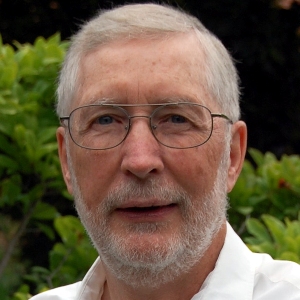I am an educator; I’ve taught and worked in the field for more than 50 years. In recent years, much of my work has centered on dissemination of evaluation information to serve educators engaged in classroom teaching, as well as those evaluating education programs. My comments here pertain to professional development intended to enhance classroom instruction.
Results from EvaluATE’s annual surveys of ATE program grantees indicate that professional development (PD) providers within ATE do evaluate some aspects of their PD programs. However, most do not follow up to assess gains among their participants’ students. Our reflections and discussions with PIs and evaluators suggest a good reason for this shortcoming. It is costly in time and effort to do a post hoc evaluation with participants, and PIs cannot easily gain access to information about the students of PD participants. Also, the strictures on sharing student interest and achievement information are substantial. So an important question is, how can we manage our PD and evaluation to overcome these hurdles?
I think an important part of the answer involves engaging participant teachers in the assessment and evaluation processes. Such engagement requires willingness on their part, preparation and practice to develop the knowledge and skill adequate to do the work, support and encouragement to do this work, and follow up exchanges of feedback about individual and collective effects.
Here are five practices that I believe are associated with strong evaluations of PD programs intended to enhance classroom instruction. How many of these practices are part of your PD efforts? If you do not currently take these actions, give them a try. I’d appreciate your thoughts and suggestions once you try them.
At the time participants are recruited, they agree to provide post-PD feedback on:
1. the impact of the PD on their own instruction.
2. the impact of the PD on their students’ learning.
During the PD program
3. participants demonstrate what they learned during the training (not including self-report).
4. participants receive instruction on student assessment.
5. participants are provided tools, protocols etc. for both gathering and reporting information on student impacts.

Except where noted, all content on this website is licensed under a Creative Commons Attribution-NonCommercial-ShareAlike 4.0 International License.






 EvaluATE is supported by the National Science Foundation under grant number 1841783. Any opinions, findings, and conclusions or recommendations expressed on this site are those of the authors and do not necessarily reflect the views of the National Science Foundation.
EvaluATE is supported by the National Science Foundation under grant number 1841783. Any opinions, findings, and conclusions or recommendations expressed on this site are those of the authors and do not necessarily reflect the views of the National Science Foundation.